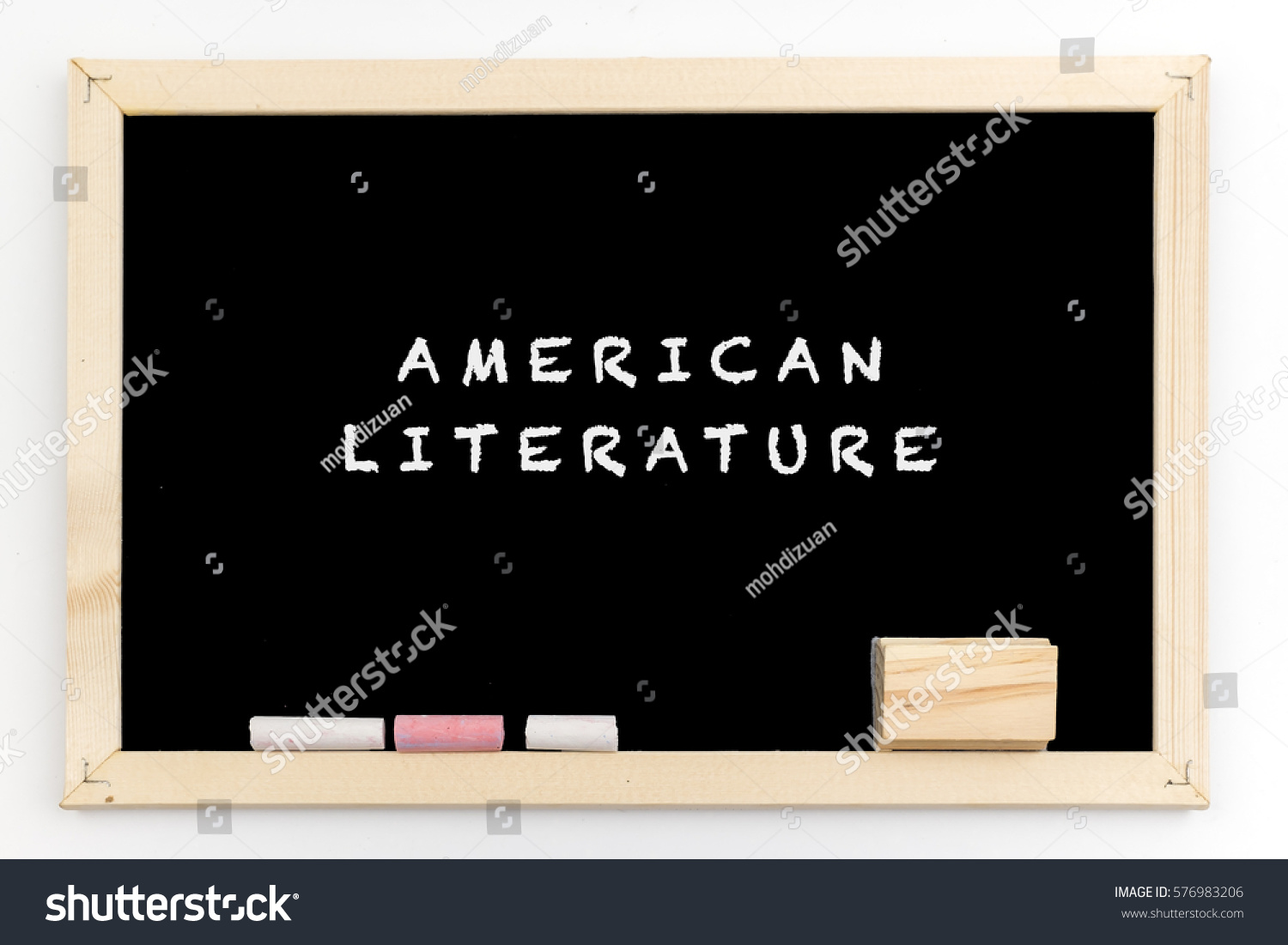Introduces the students to the world of YAF
- Teacher: Pooja Agarwal

- Critical thinking:Develop critical thinking skills to analyze complex ideas, evaluate evidence, and form informed opinions about American literature.
- Analyze literary texts: Students will be able to critically analyze American literary works across various genres (novels, poetry, short stories, plays) by identifying key themes, literary devices, character development, and narrative structures.
- Historical context: Understand the historical and socio-cultural context in which American literary works were written, including major events, social movements, and political ideologies.
- Literary movements: Identify and discuss major American literary movements like Transcendentalism, Realism, Naturalism, Modernism, and Postmodernism, recognizing their defining characteristics and key authors.
- Teacher: Diksha Shukla

Course Objectives:
· This paper concentrates upon alienation, displacement, rootlessness, nostalgia, quest of identity as reflected in the experiences narrated by the immigrants.
· It also addresses issues related to both synthesis and decay of cultures.
· It will observe closely the work of some recent authors to understand the psychological turmoil in the immigrants due to the changing historical, political, socioeconomic, and cultural backdrop, the postcolonial facet of diaspora literature, the complex relation among geography, form and representation, and how these factors affect literature.
Course Outcome:
After the completion of the course, students will be able to:
· Understand the integration of languages, humanities, social sciences
· Consider diaspora as an interdisciplinary area of studies.
· Acknowledge the difference between migration, emigration and immigration.
· Understand the difference between diaspora and transnationalism.
· Understand post-colonialism, multiculturalism, transnationalism and McLuhan’s concept of “Global Village”.
· Consider the range of Diaspora-America, Britain, Canada, Australia, China, India and almost all parts of the world
· Acknowledge the importance of race, culture and ethnicity.
· Understand that in this world of globalization and trans-national mobility, there is increasing sense of alienation and rootlessness. This elective deal with Literature written by diaspora writers, grappling with issues of place and identity.
- Teacher: Laxman Kumar

The 20th century Literature was highly
influenced by significant events that defined the era, such as Spanish flu pandemic,
World War I and World War II, nuclear weapons, nuclear power, space
exploration, nationalism, decolonization, technological advances, the Cold War
and post-Cold War conflicts. Twentieth Century Literature explore core themes of
anti-colonialism, democracy, socialism, nationalism, industrialization, nuclear
weapons, and globalization and provide their own personal interpretations of
the century, as well as their respective nation's experiences and historical
memory of the era. The characteristic features of 20th century literature are
Realism, Love, Pessimism, Romantic Elements, Nature, Disillusionment,
Humanitarian and Democratic note, writing from the Margins, Stream of
Consciousness, Theatre of Absurd, Religion and Mysticism
- Teacher: Prabhat Gaurav Mishra
The
Restoration and the Augustan Age (1660-1798) A04U0801T
Restoration period of English literature, which lasted from 1660 to around 1688, and The Augustan Age started during the period of early 18th century, when writers such as Swift and Pope were active. Named for the Augustan period or "Golden Age" in Roman poetry, the English Augustans both translated and modelled their own verse after poets such as Virgil, Horace, and Propertius.
The name 'restoration' comes from the crowning of Charles II, which marks the restoring of the traditional English monarchical form of government following a short period of rule by a handful of republican governments. The writings of this time are both innovative and varied; the style and subject matter of the literature produced during the Restoration period spanned the spectrum from definitively religious to satirical and risqué. In 1688, James II, Charles II's brother, was removed from the throne, which many scholars use to mark the end of Restoration literature and the beginning of Augustan Age with main poets as Oliver Gold Smith and Alexander Pope. The Augustan era in English poetry is noted for its fondness for wit, urbanity, and classical (mostly Roman) forms and values.
Objectives:
· The aim of introducing this paper to the students is to make them aware of the importance of the Golden age of literature with classical writings.
· The seriousness of politics and philosophy of Restoration Era is reflected, which gradually takes the shape of satirical writings.
· Both Restoration and Augustan ages depict the ideals and beliefs, which were cherished by the readers of that period.
· The objective of this paper lies in comprehending the timeless poetry written by some famous poets of this era and to endure the concepts of critical comedy of that period.
· It will open an avenue to understand the writings of this style and subject matter of the Restoration Literature.
Learning Outcome:
· Identify queer features of Restoration and Augustan Literature
· Distinguish it with preceding and succeeding Ages
· Close analysis of the prescribed texts
Unit 1
Thomas Gray: “An Elegy written in a Country Churchyard”
John Dryden: Absalom and Achitophel
Unit 2
Alexander Pope: Epistle to Dr. Arbuthnot
Unit 3
Jonathan Swift: Gulliver’s Travels
Unit 4
William Congreve: The Way of the World
Suggested Readings:
Ø Arata, Stephen, Madigan Haley, J. Paul Hunter, Jennifer Wicke. Editor(s). A Companion to the English Novel. John Wiley & Sons, 2015.
Ø Hammond, Paul. The Making of Restoration Poetry. Cambridge: Brewer. 2006.
Ø MacLean, Gerald. Ed. Culture and Society in the Stuart Restoration: Literature, Drama, History. Wayne State University, Detroit. 1995.
- Teacher: Sumana Biswas
M A IV Semester
African and Caribbean Literature
- Teacher: Sarvesh Mani Tripathi

This course provides an overview of creative writing in English, with special emphasis on reading and analyzying select texts. The course covers:
1. Writing and its kinds
2. Genres of Literature
3. Elements of Fiction
4. Detailed study of Elements of Fiction
5. Beginning, Middle, and End
6. Poetry and Drama
7. World-Building
8. Engaging with Societal Concerns
- Teacher: Pooja Agarwal